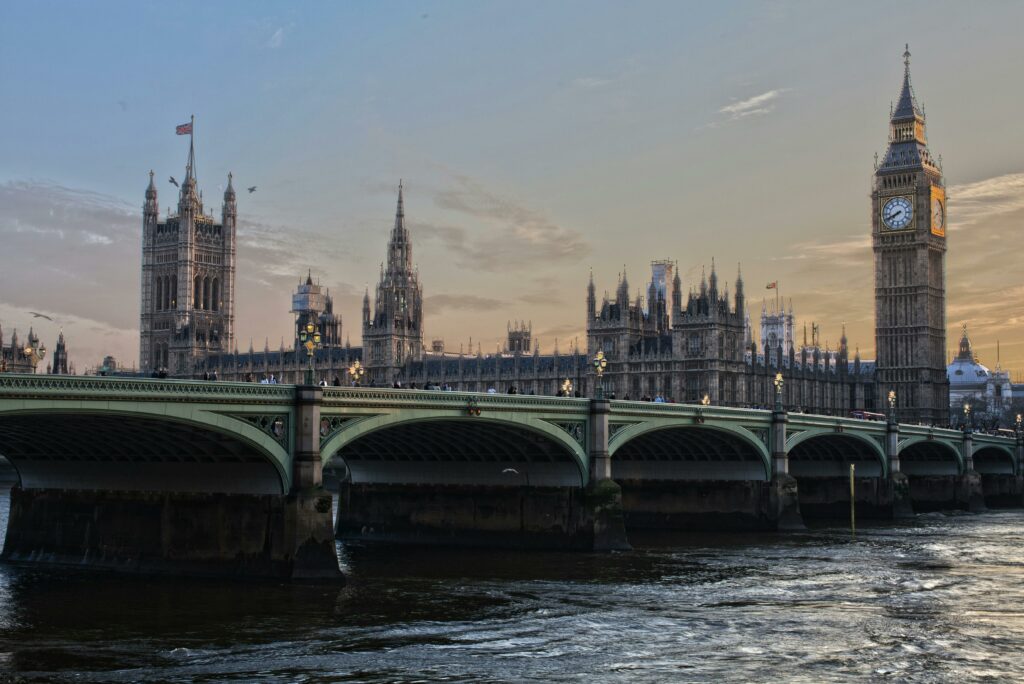Labour’s Secret Tax Rise Dossier

INTRODUCTION
On Wednesday June 19th a headline appeared in the Daily Mail – Labour’s Secret Tax Rise Dossier. Under this title it said that labour was under pressure to ’come clean’ after a bombshell dossier laid out dramatic tax rise plans. It seems the proposals were put forward by a group of Labour MPs including Sir Keir Starmer. Evidently, it put forward six tax raids which would yield £60 million This short paper will look at the six proposals
Proposal 1 – National Insurance on other forms of income.
This would extend National Insurance to all sources of income including dividends, interest and property income. Given the shortage of rental properties this would reduce rental yields and strong mate the property sector and by similar reasoning the stock market. There is also a hint that the National Insurance increased would be extended to working pensioners in the form of higher contributions by them. This is estimated to raise £12 billion.
Proposal 2 – Removal on the limit of National Insurance Payments,
This is equally draconian. It would remove the current cap on National Insurance. Workers currently pay 8% on all earnings up to £50,268 and 2% on income above this. Under the new plan higher earners would pay the main rate on all earnings. This would raise £20 billion. Governments of all descriptions have until recently sought to increase National Insurance and have seen it as a ‘cash cow’. The effect is to increase the cost of employment and potentially result higher levels of unemployment and act as a deterrent to expanding the work force by employers. By making employment more expensive this will thwart the Labour Party’s economic growth policy or alternatively they take the view that economic growth will permit higher wages.
Proposal 3 – Extending Capital Gains Tax.
This has been hinted at in the election debates, equalising capital gains tax (“CGT”) with income tax rates. It must be admitted that when a comprehensive CGT was introduced in 1964 short term gains were taxed at income tax rates although a Labour Chancellor in 1969 simplified the tax and taxed (short or long term) all gains at 30%. For this purpose short term gains were defined as gains as those realised within a year and long term gains, gains realised after a year. The estimated yield from this has been estimated at £16 billion and in my view this is a measure I can see both a Labour and Conservative government resorting to as it is very much a ‘back door’ way of raising money.
Proposal 4 – Inheritance Tax
This proposal would involve measures to end the reliefs for agricultural property and business assets. Similar proposals are not new and date back to 1974 when Denis Healey introduced Capital Transfer Tax (“CTT”). This proposal was met by fierce opposition by a certain Margaret Thatcher, then in opposition and as part of her electioneering strategy as she was in a leadership contest at the time against William Whitelaw. Eventually the proposals as they relate to business assets and agricultural property were diluted. These measures would only raise £4 billion and potentially would have a damaging effect on the economy. If the Labour Party do believe in economic growth the measure will ‘die quietly’.
Proposal 5 – Council Rates
This measure that has been mooted in election debates reform of property (rates) tax to make it “fairer”. Whilst low cost homes might see rates lowered those in more expressive properties could see sizeable increases, double has been mooted. This is a relatively soft target and might be quite attractive to both parties.
Proposal 6 – Wealth
The last involves tax increases and has been described as the “jackpot tax” on ‘extreme wealth’ a form of wealth tax and is estimated to raise a £10 billion a year. I would not discount this as there was a “one off” special charge on investment income, in the budget of 1968. On the basis that previous Labour Government have threatened a wealth tax before but withdrawn proposals after a period of time implies that this is a difficult issue and previously Rachel Reeves has stated that a wealth tax would not be introduced. These were based on the Swedish model, but Sweden has withdrawn the wealth tax, sensibly! The introduction of such a tax would lead to many residents leaving the UK and justify the Sun’s headline before the 1992 election day ‘would the last person to leave the country please turn off the lights’.
Conclusions
These proposals cumulatively would have a negative effect on the economy to say the least. The danger is that a Labour Government would introduce them (and cause damage) and then withdraw or reduce them after the harm has been done, a typical reaction of a Labour Government. For this purpose the first budget introduced by Denis Healey increased company taxation significantly but was reversed in November 1974 by the ‘life saver’ stock relief which deferred corporate tax and saved the economy.
The real issue is that independent bodies such as the Institute of Fiscal Studies have said both parties face a very difficult financial position after the election. Both parties seem to ignore this and are silent on the point. Raising money will be required by both parties. The proud boast of the Labour Party is that each of their proposals has been properly costed. The problem will be more fundamental given the financial position they find themselves in after the election. The same can be said of the Conservatives who say that they are a tax cutting party – the problem will be the very difficult financial position they face based on the current future commitments.
What should we make of this for Guernsey? Good, as taxes will have to rise whichever party is elected, which means Guernsey will be an attractive alternative to the UK, which means a boost for the open market and more.


